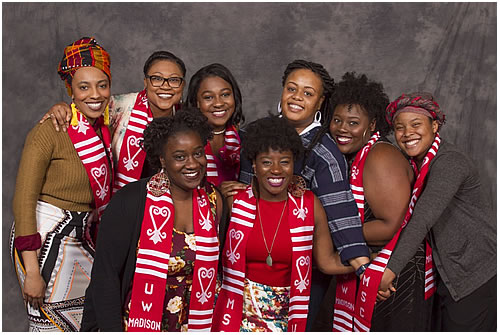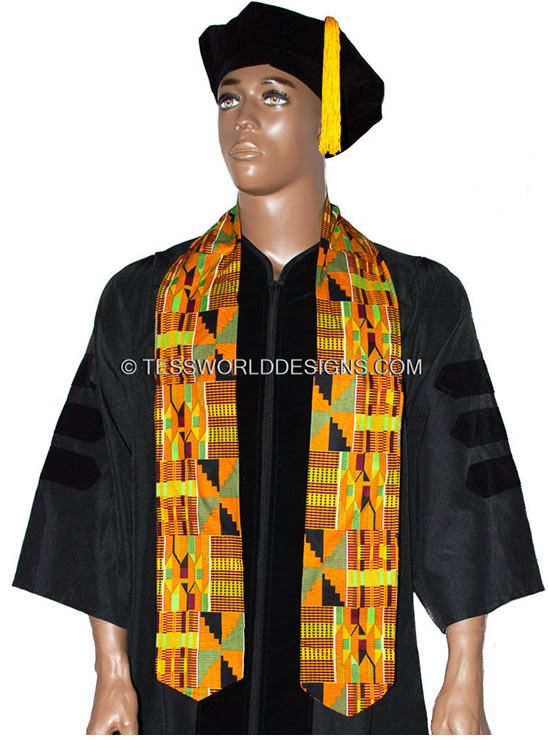Sep. 1999: “If you educate a man you educate an individual, but if you educate a woman you educate a family (nation).” – Fanti (Ghana) Proverb
September, 1999
If you educate a man you educate an individual, but if you educate a woman you educate a family (nation).
Probably a Fanti ( Ghana )

Explanation:
This well-known saying is attributed to the Ghanaian scholar Dr. James Emmanuel Kwegyir-Aggrey (1875-1927), one of this century’s greatest educators. Kwegyir-Aggrey probably used this proverb to convince African parents who were more willing to allow their male children to attend missionary schools than their daughters. Like many sayings, this one makes its point by unqualified exaggeration to capture our attention. The message here is that once we know the value of education for men in society, we should allow women to have equal access to it. Education is used here to mean knowing, through formal or informal means, what is right for the spirit, mind and body and acting upon this knowledge.
 Women in general are the newborn child’s primary caregivers in most societies. The paid nanny, the indulgent grandmother or an older sister are most likely to watch over the child during its first three critical years. From the womb through its early formative years the baby has more direct contact with women. It is during this time that the words, unspoken messages and expectations of the caregiving woman affect and determine the child’s future destiny most. A physically abused and psychologically hurt child at this time is likely to project his or her anger on society in later life. On the other hand, a child that is surrounded by the warm embrace of loving women caregivers will most likely spread that love in his or her future dealings with others as the child grows up. Perhaps the truthfulness of this saying is best exemplified in the life of George Washington (1732-1799), the first President of the United States, who said this about his mother: “All I am I owe to my mother…I attribute all my success in life to the moral, intellectual and physical education I received from her.”
Women in general are the newborn child’s primary caregivers in most societies. The paid nanny, the indulgent grandmother or an older sister are most likely to watch over the child during its first three critical years. From the womb through its early formative years the baby has more direct contact with women. It is during this time that the words, unspoken messages and expectations of the caregiving woman affect and determine the child’s future destiny most. A physically abused and psychologically hurt child at this time is likely to project his or her anger on society in later life. On the other hand, a child that is surrounded by the warm embrace of loving women caregivers will most likely spread that love in his or her future dealings with others as the child grows up. Perhaps the truthfulness of this saying is best exemplified in the life of George Washington (1732-1799), the first President of the United States, who said this about his mother: “All I am I owe to my mother…I attribute all my success in life to the moral, intellectual and physical education I received from her.”
A biblical parallel is Exodus” 2:9: “Pharaoh’s daughter said to her, ‘Take this child and nurse it for me, and I will give you your wages.’ So the woman took the child and nursed it.” This story of Moses shows the importance of women in raising a child. The mother of Moses protects her child from hostility, hides him in a basket and asks the infant’s sister to watch from afar. The Princess saves and adopts him. These three women are epitomes of the various women that ensure the growth of any child in society. When one in the chain fails her duty, society loses the opportunity to have another Moses, another deliverer, another reformer. What is not stated but implied in this second chapter of Exodus is that the mother of Moses knows that it is right to protect her child. The sister of Moses is well brought up to obey her mother. You won’t find many girls in today’s world “sticking out their necks” for their little brothers. She was unafraid to suggest a nurse to the princess for her little brother. The Princess knew that it was morally right to raise this child against the Pharaoh’s edict. Because the women saved this child through their knowledge of what was right and doing it (education), the people of Israel were saved from the Egyptians and God sent to humankind one of the greatest tools of education: “The Ten Commandments.”
NOTE: The writer welcomes other African proverbs on women. Please post other examples to our African Proverbs E-mail Discussion List or send to him directly.
John Kwami Esseboe Nyamidie
Seattle, Washington, USA
E Mail: knyamidie@oxygen.com
